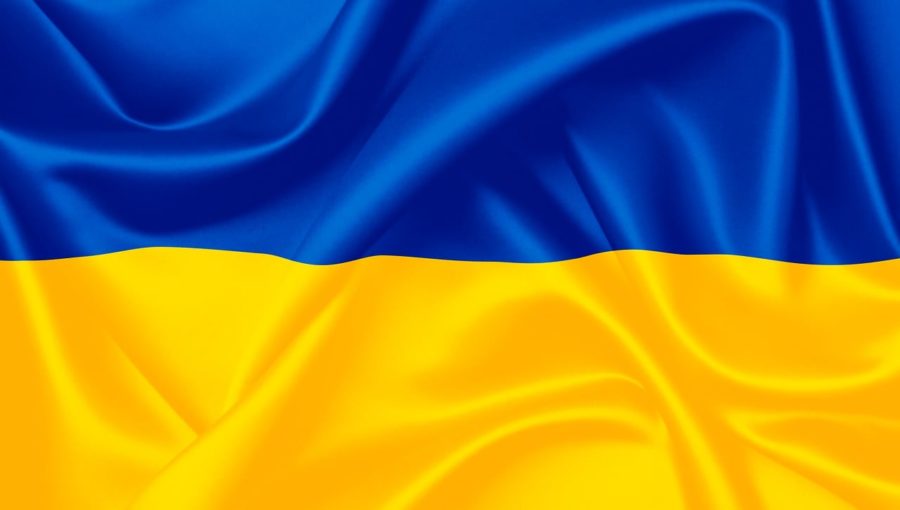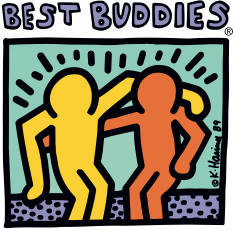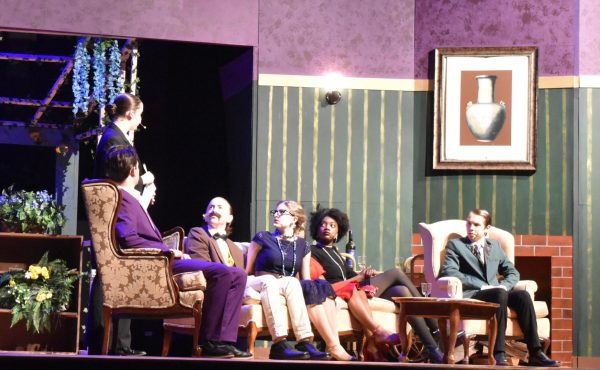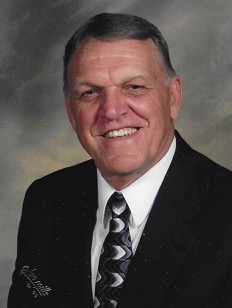Vlad Pavlenko Reports From Ukraine
The 2021-22 foreign exchange students reveals what life is like in the war-torn country
During the 2021-2022 school year, Ukrainian foreign exchange student Vladyslav (Vlad) Pavlenko had the opportunity to attend school in the United States. However, after the school year commenced, Pavlenko had to return to his home country, regardless of the ongoing war with Russia.
“It was an interesting feeling. Everything looked so different from what I used to after a year in the U.S., but at the same time, everything was so native and familiar,” Pavlenko said. “However, the war has made its changes. On the way to my town, I saw a lot of Ukrainian troops. From time to time, there were checkpoints on the roads, and anti-tank hedgehogs, concrete blocks or sandbags, fenced the outskirts of the cities on the way. Everything looked like a scene from some war movie, although the cities themselves, fortunately, were not destroyed.”
With being a foreign exchange student, Pavlenko was able to experience new things living in the U.S.
“I grew up psychologically, became more independent, developed my views on the world and experienced many situations that contributed to my personality,” Pavlenko said.
After taking a 20-hour bus ride from Poland to Ukraine, Pavlenko was eager to reconnect with the important people in his life after a year apart.
“Because I arrived home in the evening, I just had dinner with my family. The second day after my arrival, I went to school for my little graduation ceremony and met with my classmates,” Pavlenko said.
However, aside from the excitement of seeing his peers, Pavlenko couldn’t help but worry about the state of his country.
“I began to feel that everything I had been hearing about for months on TV and in the news was now happening right around me,” Pavlenko said. “The second day after my arrival, I started having some panic attacks. I think many factors contributed to this: my jet lag and time zone change, news about the war, the missile alerts, and the sounds of military helicopters flying right over our house.”
Pavlenko and his family live in the center of Ukraine, while the war fronts are located in the East and Southeast regions of the country.
“To stay safe, I’m following the news and trying to avoid visiting big cities,” Pavlenko said. “In case of a nuclear attack, my family has stocked up on necessary medicines.”
Although Pavlenko lives in the middle of the country, the war still affects his day-to-day life. In response to the war, a curfew has been introduced in all regions, with Pavlenko’s lasting from 11 p.m. to 5 a.m., and prices beginning to rise due to inflation.
“As a result of Russian terror on our energy infrastructure, electricity is now being limited across the country. The voltage has significantly decreased, and the electricity is turned off for about 12 hours every day. This is especially noticeable in cities when in the evening everything goes dark. Try to imagine New York without light,” Pavlenko said.
Pavlenko cannot attend his university in person due to the Russian attacks, so he is studying online from his home.
“No one in Ukraine can plan their lives ahead at this time. We don’t know when we’ll fully enjoy our lives again, be able to travel, be safe in our own homes, and see our friends from the occupied regions, when we’ll stop living in constant fear. For all of us, life is stuck on the 24th of February of 2022, when Russia started its full-scale war against our country,” Pavlenko said.
At the beginning of October, Russia annexed the occupied territories of Ukraine by holding fake referendums, which make up about 30 percent of the country. Also, since Oct. 10, Russia has been conducting dozens of strikes on Ukrainian cities, civilian, military and energy infrastructure.
“Russians regularly attack Ukrainian cities in the morning when people go to work. The latest attacks in Kyiv killed a leading pediatric oncologist and the head of Ukraine’s cybersecurity service. Missiles also damaged the main building of my university, which is located in the center of Kyiv, as well as a children’s playground and one of the biggest business centers of Kyiv, where the Ukrainian office of Samsung is based,” Pavlenko said.
Iran has also begun supplying arms to Russia, and those arms include thousands of kamikaze drones. However, in only one day, Ukrainians were able to crowdfund about $ 7 million. As an outcome of the funds, they were able to purchase a satellite that now provides Ukrainians with information about Russia’s actions at all times.
However, as the war continues, Pavlenko fears for the future of his country.
“Ukraine and Ukrainians are once again forced to fight for our right to exist. If we lose the much-needed support of our partners, the existence of Ukraine will soon cease to exist, and the Ukrainian nation will be subjected to genocide by the Russian Federation,” Pavlenko said.






